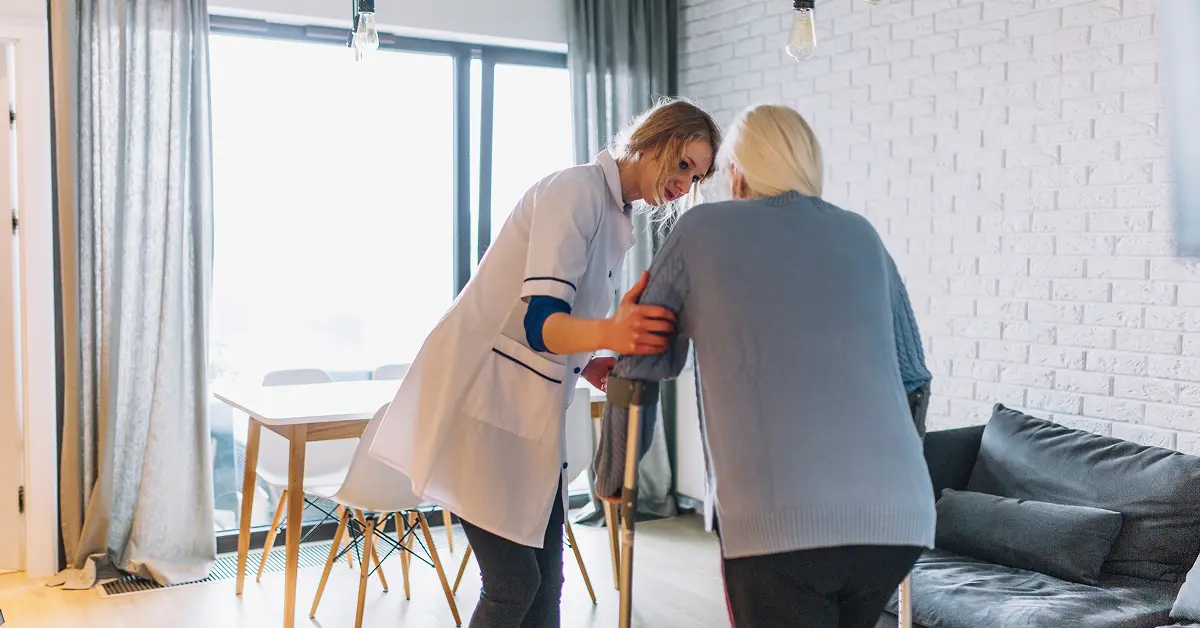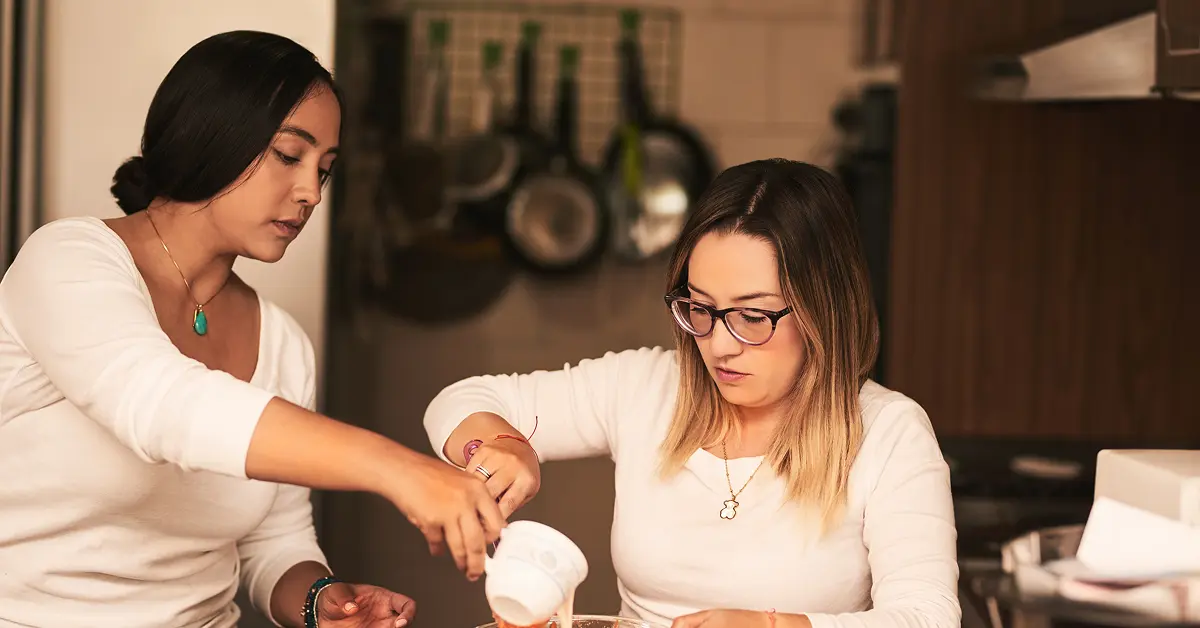Forgetfulness is a common concern among the elderly, especially as age-related memory decline or conditions like dementia and Alzheimer’s begin to set in. In India, where family values are deeply ingrained, many families try to manage this within the household. However, with busy lifestyles and nuclear family setups, professional caregivers have become a vital support system in helping elders live safely and comfortably at home while managing forgetfulness.
This blog explores how Elderly Care Services individuals in dealing with memory loss, from creating routines to fostering emotional support and ensuring a secure, engaging environment.
Understanding Age-Related Forgetfulness
Before diving into caregiver strategies, it's important to differentiate between normal forgetfulness and serious cognitive decline. Occasional forgetfulness, like misplacing keys or forgetting a name, is typical with ageing. However, when elders forget the date, struggle with familiar tasks, or repeat themselves frequently, it could signal the onset of cognitive disorders.
Trained caregivers recognise these signs early and adapt their caregiving techniques accordingly, offering a balance between safety and independence.
Establishing Consistent Daily Routines
One of the most effective ways caregivers help manage forgetfulness is by maintaining a consistent daily routine. Predictability reduces confusion and anxiety in elders.
- Setting fixed times for meals, medicines, walks, and sleep.
- Using visual schedules or calendars placed in common areas.
- Breaking down large tasks into manageable steps (e.g., dressing up or bathing).
In Indian homes, where joint families are becoming rare, caregivers fill the gap by becoming the constant presence the elder relies on.
Medication Management
Missed or double doses of medication are a serious risk for elders suffering from forgetfulness. Caregivers take responsibility for:
- Administering medicines on time.
- Using pill organisers or labelled medicine boxes.
- Maintaining a medication diary for family and doctors to track.
In many Indian households, ayurvedic supplements are also included along with allopathic prescriptions. Caregivers are trained to handle and coordinate both.
Use of Memory Aids and Visual Cues
Caregivers introduce and manage memory aids that improve cognitive recall:
- Labelling household items like drawers, kitchen cabinets, and appliances.
- Setting alarms on phones or clocks as reminders.
- Encouraging the use of diaries or digital voice assistants like Alexa or Google Home.
Some caregivers also use flashcards, memory games, and photo albums to stimulate cognitive function, especially for elders with early dementia.
Nutrition and Hydration Support
Poor nutrition can affect memory and focus. Caregivers plan and prepare balanced, brain-friendly meals that are:
- Rich in omega-3 fatty acids (like walnuts, flaxseeds, and fish).
- Low in sugar and refined carbs.
- Full of fruits, vegetables, and hydration sources like coconut water or buttermilk.
Caregivers also gently remind elders to drink water regularly, as dehydration can worsen confusion and fatigue.
Emotional Support and Patience
Forgetfulness often brings emotional turmoil for elders — frustration, embarrassment, or even depression. A trained caregiver understands the importance of:
- Offering reassurance rather than correction.
- Listening patiently without showing irritation.
- Keeping the elder engaged through meaningful conversation and companionship.
In India, many caregivers speak regional languages and understand local customs, helping elders feel more emotionally connected and respected.
Safety Management in the Home
Forgetful elders are prone to accidents such as leaving gas burners on or forgetting to lock doors. Caregivers implement preventive steps like:
- Installing safety locks and stove timers.
- Keeping emergency contact numbers easily accessible.
- Removing tripping hazards such as loose rugs and clutter.
Caregivers also ensure that elders don’t wander outdoors unsupervised — a common issue with memory decline.
Encouraging Mental and Physical Activity
Staying mentally and physically active slows memory loss. Caregivers include:
- Morning walks or light exercises suitable for the elder’s health.
- Word games, puzzles, or traditional Indian games like carrom or chess.
- Reading newspapers or devotional books in Hindi, Tamil, or other native languages.
Coordination with Doctors and Family
Caregivers act as a bridge between elders, doctors, and family members. Their role includes:
- Attending doctor appointments and updating the family.
- Tracking behavioural changes and informing healthcare providers.
- Suggesting memory screenings if forgetfulness worsens.
In Indian families, where the younger generation may be abroad or in different cities, having a trusted caregiver at home ensures constant supervision.
Cultural Sensitivity and Trust-Building
In India, elders are more likely to open up to someone who understands their cultural and spiritual values. Caregivers help build trust by:
- Participating in or supporting spiritual practices (bhajans, aarti, or mantra chanting).
- Accompanying them to nearby temples or parks.
- Respecting privacy while being present for emotional reassurance.
Over time, caregivers become like extended family members, creating a safe space for elders to live with dignity.
Training for Families on Elder Memory Care
Some caregivers also guide family members on how to interact with forgetful elders:
- Avoid quizzing them about forgotten events.
- Use clear and gentle language.
- Celebrate small victories, like remembering names or completing a task.
These tips reduce caregiver burnout and promote a more understanding home environment.
Conclusion
Forgetfulness in old age is not just a medical issue — it's an emotional and social one too. In India, where home-based elder care is preferred over institutional care, professional caregivers play a crucial role in helping seniors manage memory challenges in a safe and respectful manner.
From structured routines to emotional bonding and safety supervision, caregivers offer not just support, but companionship, trust, and a sense of purpose for elders navigating memory loss.
By choosing trained and empathetic caregivers, families can ensure that their loved ones enjoy a dignified and well-supported life, right from the comfort of home.
Contents
- Understanding Age-Related Forgetfulness
- Establishing Consistent Daily Routines
- Medication Management
- Use of Memory Aids and Visual Cues
- Nutrition and Hydration Support
- Emotional Support and Patience
- Safety Management in the Home
- Encouraging Mental and Physical Activity
- Coordination with Doctors and Family
- Cultural Sensitivity and Trust-Building
- Training for Families on Elder Memory Care
- Conclusion
Our 24*7 services
Latest Posts
- What Is Respite Care and Why Is It Important
- Affordable home care for senior citizens in India
- Caring for Seniors with Dementia or Alzheimer's at Home
- Senior Caregiving A Guide for Every Family
- How to Write a Caregiver Resume That Gets You Hired
- How Care After Hospital Discharge Speeds Up Recovery at Home
- How to Get Home Health Care for Seniors Through Medicare
- What Does a Senior Citizen Caregiver Really Do at Home
- How to Care for Elderly Parents with Alzheimer’s or Dementia
- How to Get 24-Hour Care for Seniors at Home



